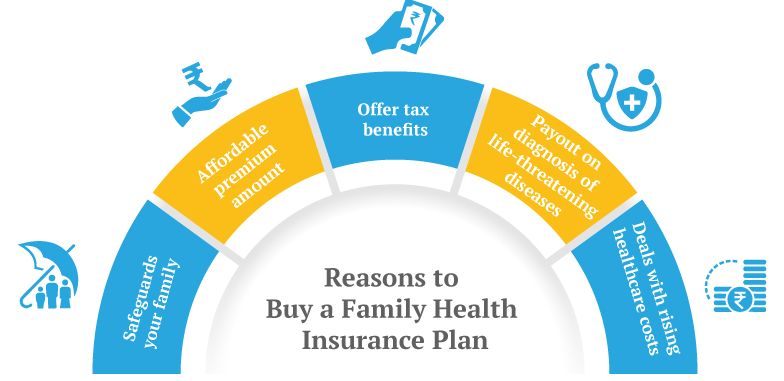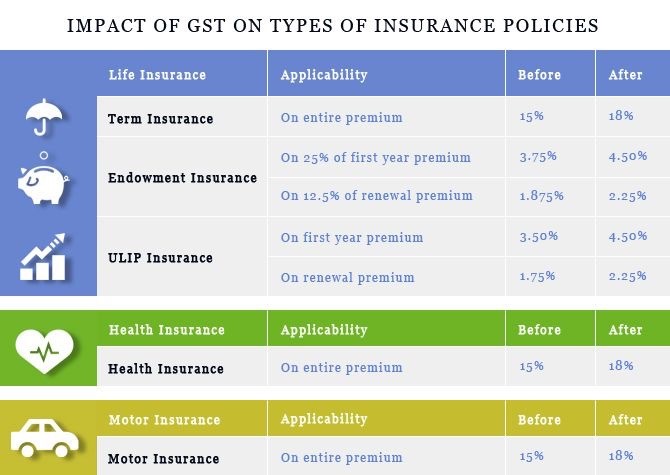Why in News?
Insurance premiums for health and life policies have increased this year, and with the 18% GST, insurance has become less affordable for many people.
|
Insurance |
|
India is the fifth largest life insurance market in the world's emerging insurance markets, growing at a rate of 32-34% each year. The Insurance Regulatory and Development Authority of India (IRDAI) is the regulatory body that oversees and regulates the insurance sector in India.


|
Aspect |
Argument in support |
Argument against |
|
Rationale for GST imposition |
Recommended by the GST Council, a constitutional body. |
High GST rate of 18% on insurance premiums is the highest in the world and increases the cost for policyholders. |
|
Revenue generation |
GST on insurance generated Rs 21,256 crore in the last three financial years and Rs 3,274 crore from the reissuance of health policies. |
High GST rate leads to high premiums, which can deter people from purchasing insurance policies, thus impacting insurance penetration. |
|
Medical and retail inflation |
The rise in inflation, especially medical inflation, justifies the need for GST to cover increased costs. |
High medical inflation and frequent premium hikes have led to declining policy renewal rates, especially affecting senior citizens and low-income groups. |
|
Tax deductions |
Insurance premiums are eligible for deductions under Sections 80C and 80D of the Income Tax Act, 1961, including the GST component. |
The high GST rate still imposes a significant burden despite tax deductions, making insurance less accessible. |
|
Global comparisons |
Other markets like Singapore and Hong Kong have no GST or VAT on insurance, making it easier to sell insurance without additional tax burdens. |
High GST rates in India need to be rationalized to make insurance more affordable and achieve goals like "Insurance for All by 2047." |
|
Simplification and transparency |
GST replaces multiple indirect taxes, simplifying the tax structure and bringing more transparency. |
Initial confusion and complexity in understanding the new tax regime can burden insurance companies and policyholders. |